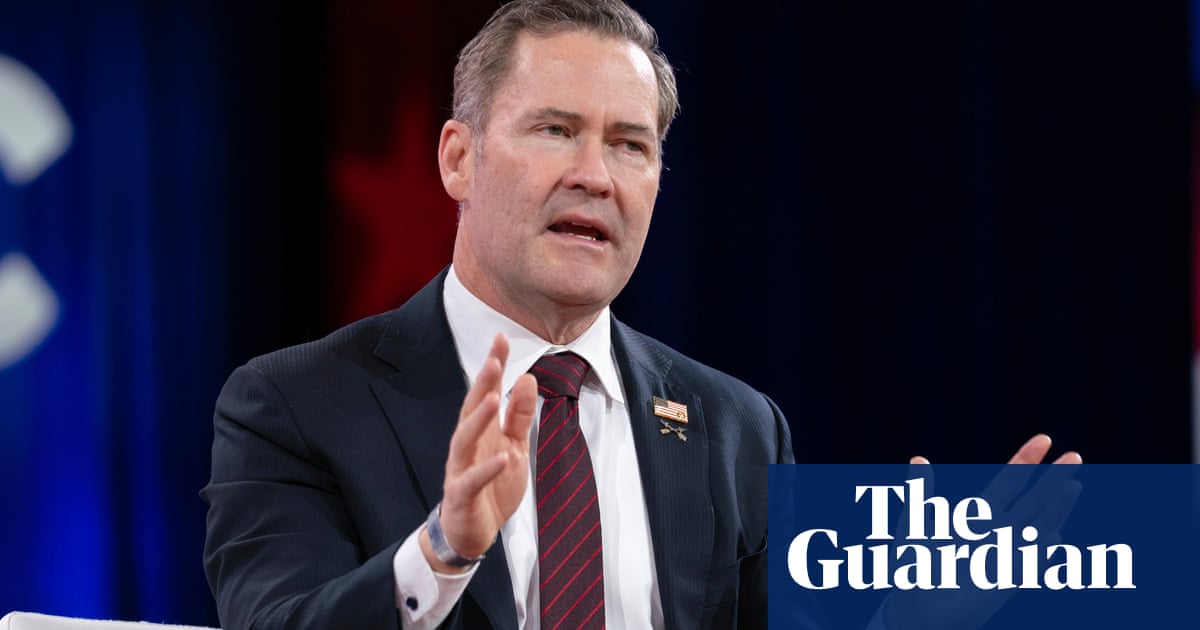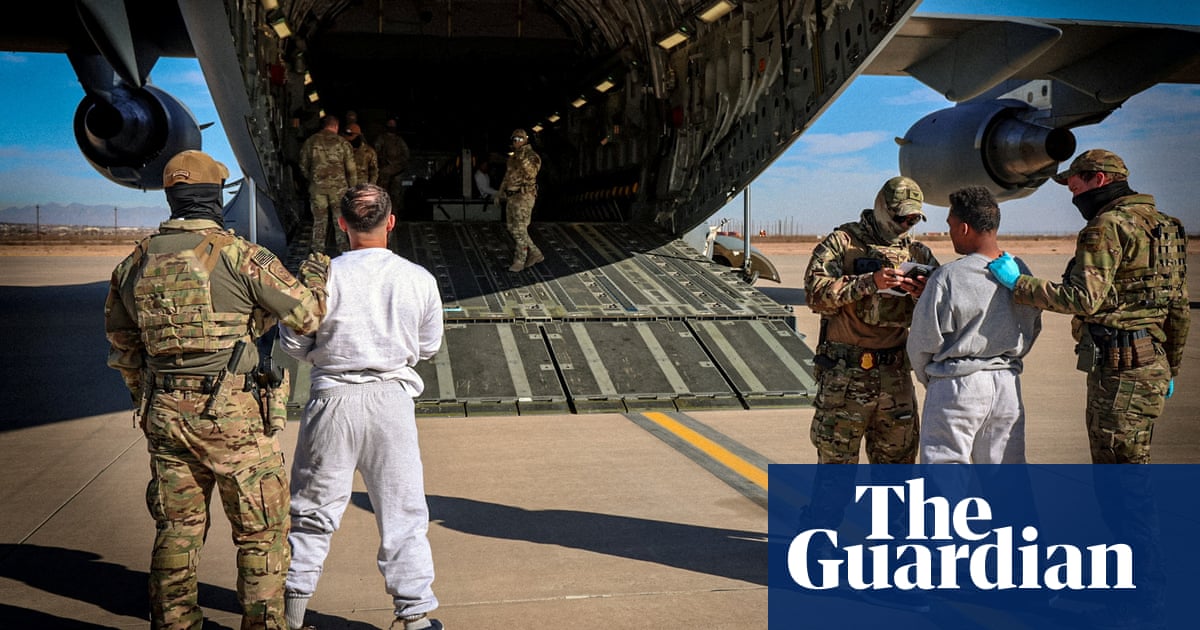
AFTER THE “ROOKIE MISTAKES” of Secretary of Defense Pete Hegseth in Brussels, the insults and intrusions into Germany’s election hurled by Vice President JD Vance at the Munich Security Conference, and the kowtowing of Secretary of State Marco Rubio to his Russian counterpart Sergey Lavrov during “peace negotiations” in Riyadh and, finally and most egregiously, President Donald Trump’s scolding of Ukraine for defending itself in a war they “should have never started,” European leaders have come to understand that, after eight decades of Atlantic alliance, the United States has become a feckless and unreliable strategic partner.
For Europe, the message from Washington “is one of the last calls [for Europe] to wake up,” said Gabrielius Landsbergis, former Lithuanian foreign minister at the conclusion of the Munich pow-wow. “If this doesn’t wake [us] up, well, somebody might declare that the patient is actually dead. One has to be worthy for [one’s] own freedom.”
Landsbergis’s frustrations are common across Eastern Europe; frontline states from the Baltic to the Black Sea have been warning of Russian revanche almost from the day Putin came to power in the Kremlin. Yet Western Europe’s traditional great powers—especially Germany—have been lethargic in response, all talk and little action. In Munich on Sunday, European Union foreign ministers gathered to try to digest what they had just heard. On Monday, the day Rubio and Lavrov were winging their way to Saudi Arabia to discuss the carving up of Ukraine—with neither Kyiv nor any European representative present—European heads of state scrambled to convene in Paris to try to cobble together some response to the Trump administration’s assaults. Yet beyond promises to increase defense spending in the future and hints that European troops might be made available as peacekeepers in the event of a Ukraine deal—a mission that Hegseth announced the United States wanted no part of—no concrete policy came from the session.
BUT LET’S ASSUME FOR THE MOMENT that the European patient has at last heard the alarm and is willing to get out of bed. What can—what should—Europe do without the United States? Six steps come to mind.
“The first, the supreme, the most far-reaching act of judgment,” Clausewitz reminds us, is to “establish . . . the kind of war on which they are embarking; neither mistaking it for, nor trying to turn it into, something that is alien to its nature.” This may be the hardest part for the Europeans, having lived for so long under the umbrella of American power; Venus must now think as Mars. The nature of the Ukraine war stems from Russia’s longing for its lost empire; Putin is the effect as much as the cause, and just a piece of a larger puzzle.
This means there is not going to be a “peace” to keep, even if a temporary cessation of hostilities is negotiated. Like past bids for European continental hegemony—by the Hapsburgs, Bourbon and Napoleonic French, or Wilhemine and Nazi Germans—Russian ambitions spring from the nature of the regime, be it tsarist, Stalinist, or Putinist. Europe must recreate the kinds of grand alliances that defeated the aspirations to “universal monarchy” of the eighteenth and nineteenth centuries.
Second, though Ukraine is but one front in the larger Russia conflict, it is the central front and the most pressing one. If Ukraine is overrun, the loss could also prove fatal for much of Eastern Europe, and thus for European security writ large. “Without support of the United States,” Zelensky warned on Meet the Press this past weekend, “we will have low chance—low chance—to survive.” The Europeans will have to act rapidly and decisively if they are to prove the Ukrainian president wrong.
Third, Europe will have to demonstrate a degree of strategic and military risk-taking that has become all but contrary to its nature. To take but one small example, consider the case of the Taurus cruise missile, a weapon that the Ukrainians have been requesting for years, first designed by Germany and Sweden. It’s got a 300-plus-mile range, has sophisticated internal navigation—more resistant to Russian electronic warfare—systems and a powerful warhead, making it just the sort of munition the Ukrainians need to strike distant Russian targets like higher-level headquarters, communications nodes, energy infrastructure, and the like. German Chancellor Olaf Scholz has refused to supply Ukrainian requests for the Taurus, for fear of blowback from Moscow. Yet Scholz also knows that Germany has but 600 of these missiles in total, that many of them are in need of maintenance, refurbishment, and upgrades, not to mention modification to allow the small fleet of relatively modern Ukrainian aircraft to launch them, and that the next generation of Taurus won’t be in service until 2028 or later. This is the state of European military power in a nutshell. To even begin to step in for the United States, European countries will have to bet most of their small stacks of military chips on Ukrainian roulette.
Fourth, it will be necessary to throw large piles of euros into both rebuilding and supplementing the anemic European defense industry. Historically, European weaponry has been excellent, sometimes superior to American systems. But the continent has taken a “peace dividend” that, in relative terms, dwarfs that of the U.S. divestment of the past three decades. Nor, even if the Trump administration were willing, is it clear that American industry, enfeebled as it is, could supply the kind of rapid rearmament Europe needs—we are ill-prepared to once again be the arsenal of democracy. It is hardly a surprise that Poland, in the midst of a robust modernization and enlargement of its military, has signed contracts with not only American but Korean firms—for tanks and howitzers—to meet its goals in a timely way. Even as it needs to risk much of its current capability to preserve Ukrainian independence, Europe must both rebuild its own industry while going on a global shopping spree. And, more profoundly, it behooves our allies in Asia as well as Europe to try to fashion a “defense for democracies” industrial coalition that inoculates them against American withdrawal.
Fifth, Europe must create the long-imagined “European army.” As much and likely more than replenished weaponry and increased tactical capability and capacity, Europe’s greatest military weakness is its inability to command, control, or sustain large formations, conduct campaign-level operations and, fundamentally, to conceive of a durable continental security strategy. Napoleon’s victories came less from big battalions than agile command and synchronized maneuvers by talented field marshals. Even in conflicts in the Balkans or Afghanistan, where, for example, allied generals had nominal command of NATO or coalition forces, it was really an allied face fronting an essentially American operation.
Finally, and perhaps most unsettling to world politics, is that Europe needs a nuclear deterrent. Not just Britain’s submarines or France’s force de dissuasion, but an umbrella with spokes in Germany and Poland, the Central and Eastern European powers, and capable of shielding the “Eastern Front,” including Ukraine. For, in addition to casting Europe adrift in the conventional military sense, the Trump administration has all but undone the extended deterrence strategies in place since 1945. Our Asian allies—not just Japan but South Korea and Australia—will face a similar dilemma. Geopolitical fragmentation is an incentive to nuclear proliferation.
While the European patient is not dead, but it must quickly learn to live without American life support. It is fortunate to be facing an essentially weak and poor adversary in Russia, economically, demographically, and strategically bedridden as Moscow is. Ukrainians have shown that fear of Russian domination is a powerful motivation, at least in Eastern Europe. Perhaps their spirit will, at this eleventh and darkening hour, infect their neighbors to the west, who will prove themselves worthy of their freedom. Perhaps, too, that will be a beacon to Americans.
Article by:Source:













